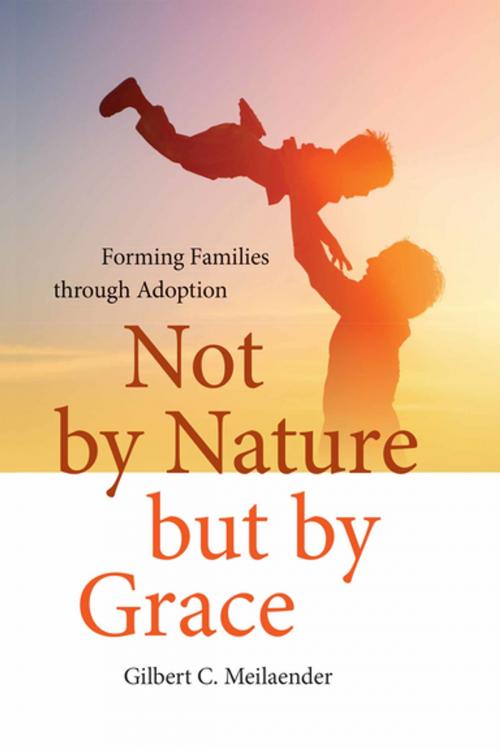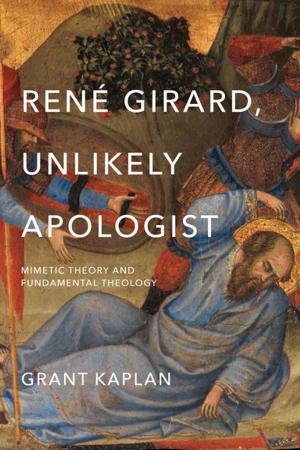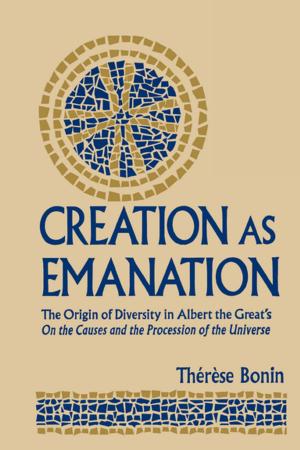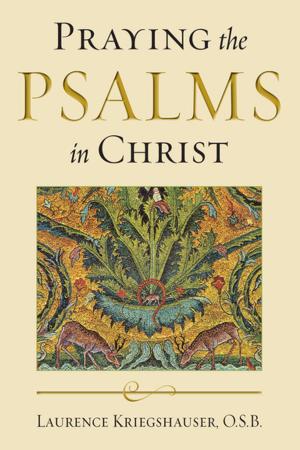Not by Nature but by Grace
Forming Families through Adoption
Nonfiction, Family & Relationships, Adoption, Religion & Spirituality, Philosophy, Ethics & Moral Philosophy, Christianity, Christian Life| Author: | Gilbert C. Meilaender | ISBN: | 9780268100711 |
| Publisher: | University of Notre Dame Press | Publication: | August 26, 2016 |
| Imprint: | University of Notre Dame Press | Language: | English |
| Author: | Gilbert C. Meilaender |
| ISBN: | 9780268100711 |
| Publisher: | University of Notre Dame Press |
| Publication: | August 26, 2016 |
| Imprint: | University of Notre Dame Press |
| Language: | English |
Working from within the contours of Christian faith, this book examines the relation between two ways of forming families—through nature (by procreation) and through history (by adoption). Christians honor the biological tie between parents and children, for it is the work of God in creation. Yet Christians cannot forget that it is adoption, and not simply natural descent, that is at the center of the New Testament’s depiction of God’s grace. Gilbert Meilaender takes up a range of issues raised by the practice of adoption, always seeking to do justice to both nature and history in the formation of families, while keeping at the center of our vision the truth that it is not by nature but by grace that we can become adopted children of the one whom Jesus called his Father. Meilaender begins with reflection on the puzzling relation of nature and history in forming families and proceeds to unpack the meaning of huiothesia, the word used in the New Testament to name the grace by which a follower of Jesus becomes an adopted child of God. That perspective is applied to a range of questions that regularly arise in Christian theological discussions of adoption: Is adoption only for the infertile? Should single persons adopt? Is it wise for adoption to take place across racial or national boundaries? Special attention is paid to the relation between adoption and new reproductive technologies and to what is called “embryo adoption.” Interspersed between the chapters are letters written by the author to his own son by adoption. But if the argument of the book is taken seriously, these letters are written not to one who falls within a special category of “adopted son or daughter,” but to one who is, simply and entirely, a son or daughter.
Working from within the contours of Christian faith, this book examines the relation between two ways of forming families—through nature (by procreation) and through history (by adoption). Christians honor the biological tie between parents and children, for it is the work of God in creation. Yet Christians cannot forget that it is adoption, and not simply natural descent, that is at the center of the New Testament’s depiction of God’s grace. Gilbert Meilaender takes up a range of issues raised by the practice of adoption, always seeking to do justice to both nature and history in the formation of families, while keeping at the center of our vision the truth that it is not by nature but by grace that we can become adopted children of the one whom Jesus called his Father. Meilaender begins with reflection on the puzzling relation of nature and history in forming families and proceeds to unpack the meaning of huiothesia, the word used in the New Testament to name the grace by which a follower of Jesus becomes an adopted child of God. That perspective is applied to a range of questions that regularly arise in Christian theological discussions of adoption: Is adoption only for the infertile? Should single persons adopt? Is it wise for adoption to take place across racial or national boundaries? Special attention is paid to the relation between adoption and new reproductive technologies and to what is called “embryo adoption.” Interspersed between the chapters are letters written by the author to his own son by adoption. But if the argument of the book is taken seriously, these letters are written not to one who falls within a special category of “adopted son or daughter,” but to one who is, simply and entirely, a son or daughter.















